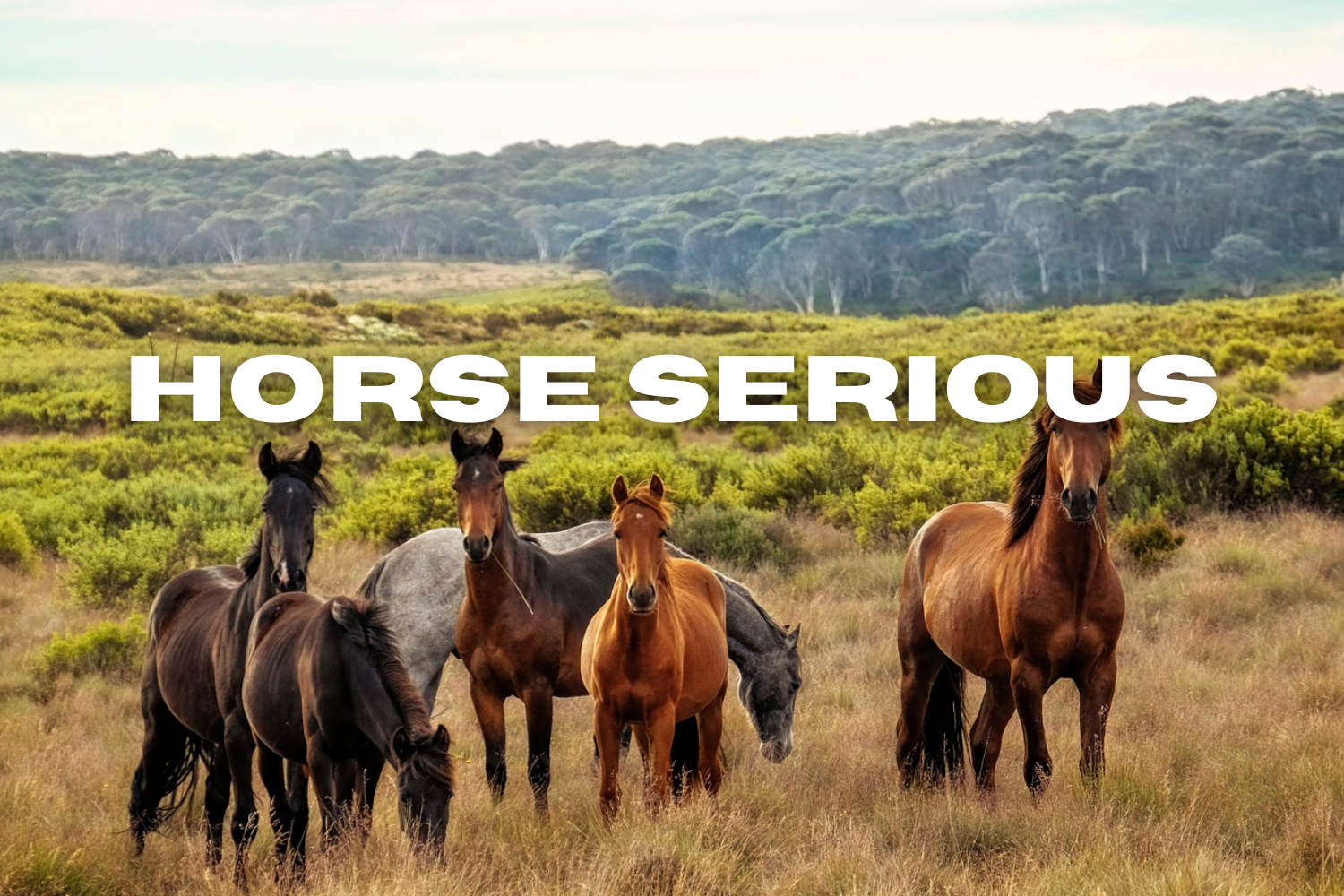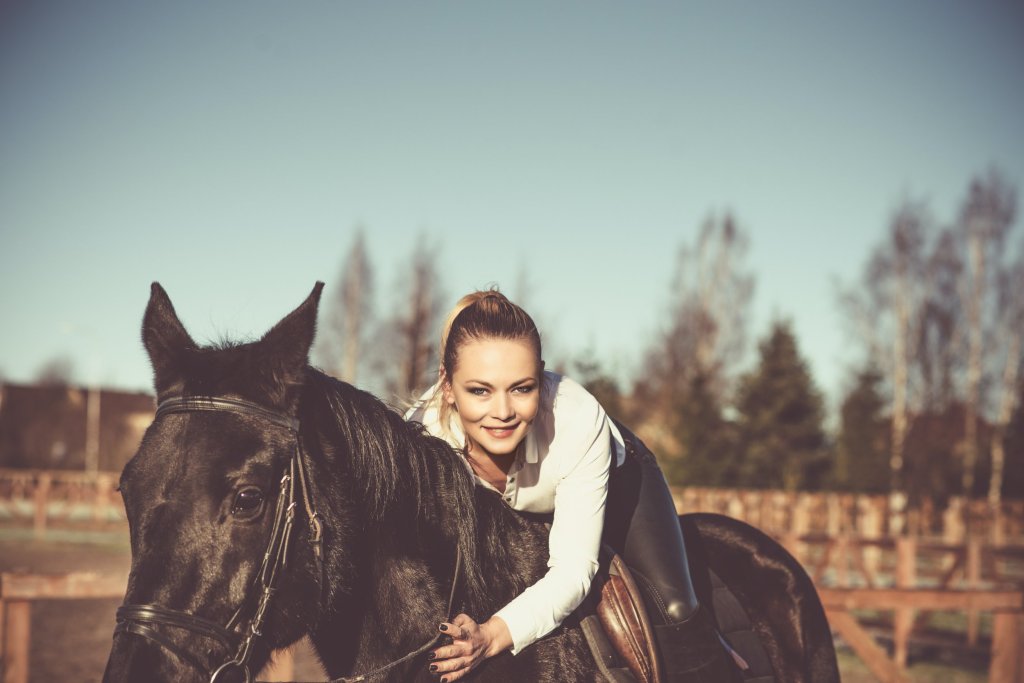Have you recently been asking yourself “am I too big for my horse?”. This question is actually very common and there is no need to be self-conscious. Sometimes we outgrow horses and sometimes we never actually fit them in the first place.
It is very common for children to begin their riding careers on ponies and “move up” to larger horses. This has caused some adults to ask similar questions. “Should I start riding ponies and move to horses as my skills advance?”. But, starting off with a pony doesn’t necessarily have anything to do with skill level, but mostly just size.
Weight isn’t the only factor that determines the size of a horse. Your height and skill as well as the horses carrying abilities, age, and even tack are all important to note.
A rule of thumb is that your height, weight, and riding skill should be proportional to your horses. The overall goal is to ensure your horse has an easy job and that you as a rider feel secure.
However, there are circumstances where tall and heavier riders can sit on smaller horses, and small, skilled riders can sit on large horses. But, let’s take a look at how you can tell if you are too big for your horse.
Height and Weight
The obvious reasons that might make you feel too big are your height and weight. If you are riding a smaller and narrower horse, you could feel unbalanced or that your feet are almost dragging on the floor.
For the most part, a skilled rider won’t be hindered by their height. However, a taller rider may need a longer saddle which may not be suitable for the horse. So it is important to ensure your tack fits both you and the horse.
A horse carrying a rider that is too heavy can cause stress, discomfort, and even pain. There have been several studies that show a horse shouldn’t carry more than 15% – 20% of its body weight. The rider, tack, and any other equipment are included in the total weight.
Another factor that is important to note is how in shape the horse is. An over or underweight horse has a lower carrying ability and should only carry about 5-10% of its body weight.
Your Skill Level
Aside from your size, your skill level is also important when determining what kind of horse is the right fit for you. The best way to become a better rider is through lessons and coaching. A coach will also be able to help you identify if you have outgrown a horse and sometimes even help you find a new one.
The reason why your skill level is important is because a horse that has to carry an unskilled and unbalanced rider can develop back, soundness, and even behavior issues.
The Horses Age
A young horse is still developing and as they age, they become stiffer. Very young and Very old horses typically need to carry less weight. Just like humans, children and the elderly cannot perform the same as a fit adult.
Choosing Appropriate Tack
When choosing the right tack, it’s not just about what’s comfortable to you, it has to also be comfortable for your horse. The saddle needs to fit the horse and most often requires fittings over time with regular adjustments.
The saddle is one of the most critical pieces of tack as it distributes your weight correctly over the horse’s back and keeps you in balance. A properly fitting saddle ensures that your horse doesn’t end up with a sore back.

